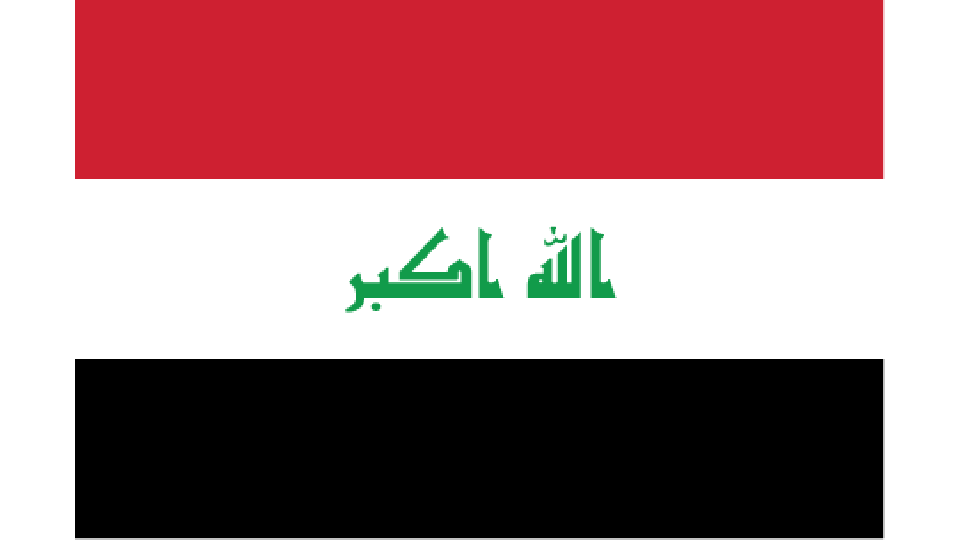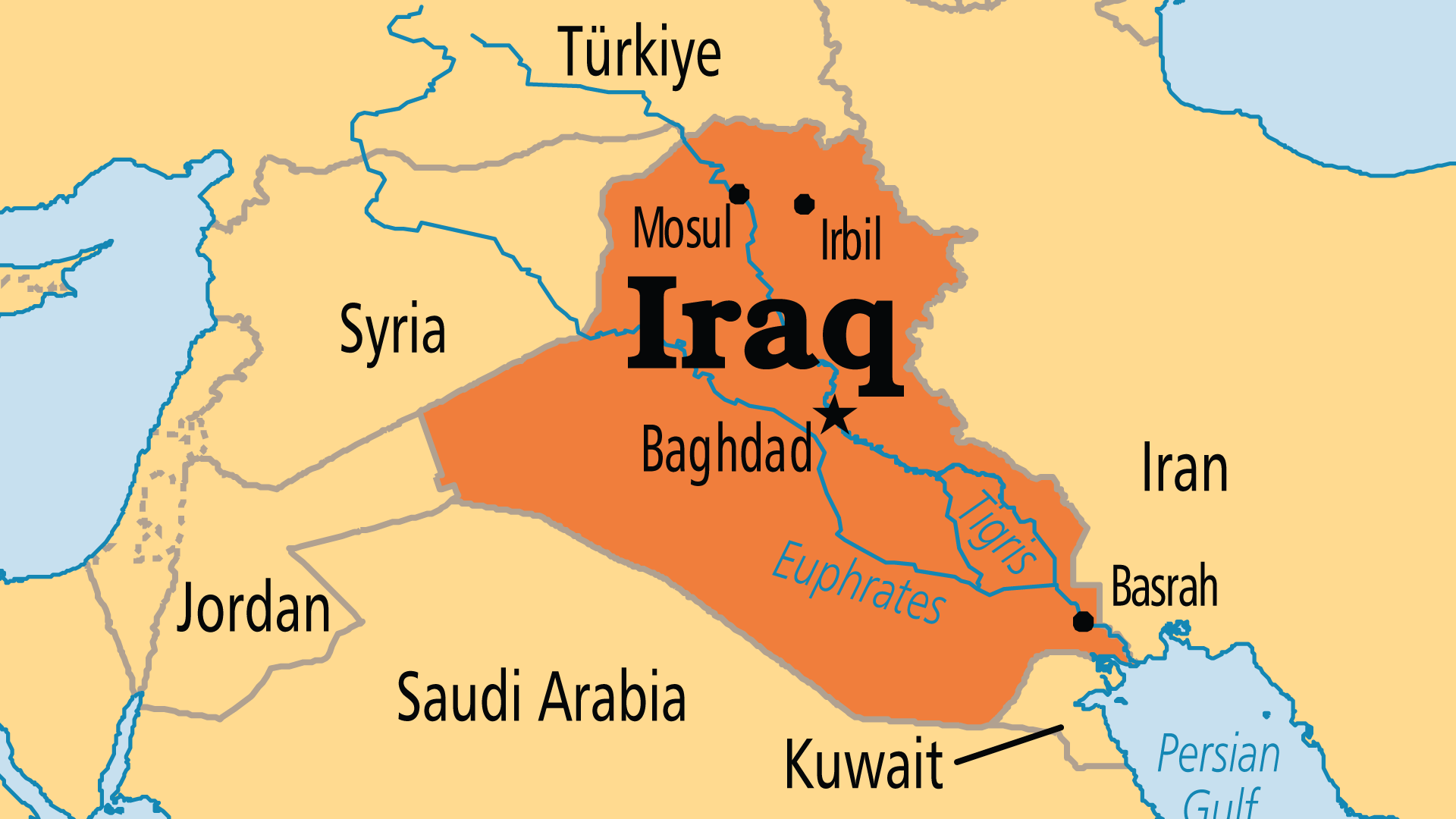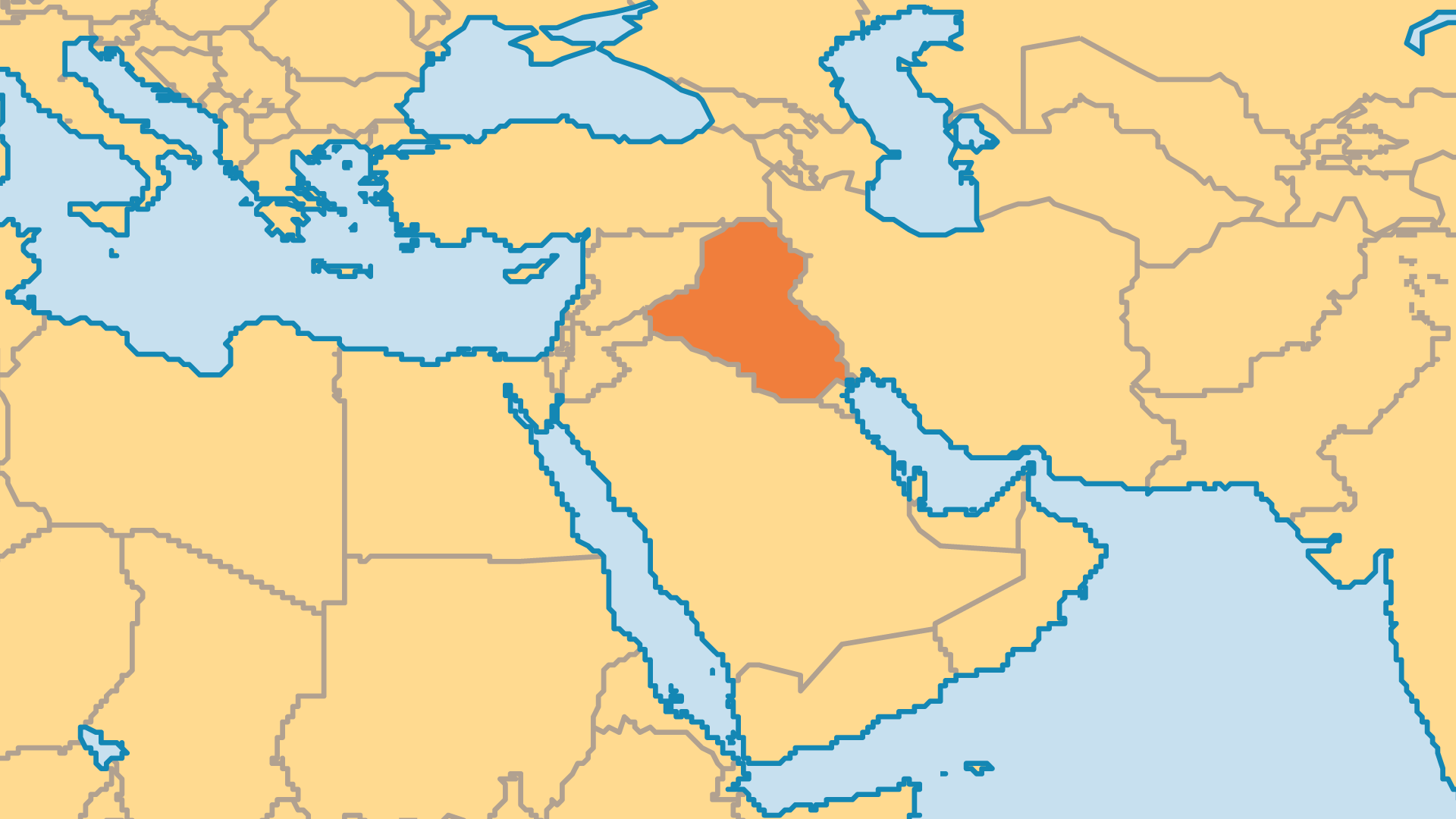Pray today
The emergence of Iraqi Arab evangelicals in recent years (now over 50,000) is an answer to prayer! Many of them come from Muslim and even extremist backgrounds, but they encountered Christ through evangelical witness, gospel radio, and especially through dreams and visions of Jesus. Pray for leaders for the churches. Many fled the country and others died, often targeted by Islamists. Many times the Christian widows of these leaders continue with the pastoral and discipleship work.
More
The Christian community has lived an unbroken existence in Iraq since the 1st Century, but this legacy is at risk of disappearing. The majority are Assyrians and descendants of the Nestorian, or Ancient Church of the East, centred in Nineveh and Mosul. The Nestorian Church was one of the greatest missionary denominations of history, winning 6% of all of Asia's population 1,000 years ago. Today, it is reduced through persecution, harassment and compromise to less than two million in the world. Christians in Iraq, the victims of sustained persecution and even genocide, are now only half of what they numbered in the 1990s. Most have fled persecution to Syria or Jordan, others to the West. Few are likely to ever return. Two-thirds of Baghdad's churches are closed or destroyed. Pray for the preservation of Iraq's biblical heritage, and for the restoration and rejuvenation of this most historic of Churches.
The Church was often characterized by fragmentation - denominationally, ethnically and politically - despite the great opposition all Christians face. The majority of those in traditional denominations are in the Catholic-linked Chaldean Church, but others are part of the Assyrian Church of the East, Syriac Orthodox, Armenian Apostolic, Protestant denominations or even a Muslim-background believers' network. Some in the historic denominations are being impacted by revival; others resent and oppose what they perceive to be aggressive proselytism and a money-spinning focus of the newer Protestant groups. Outreach to the Muslim majority remains a terrifying prospect to most, although compassionate ministry by some Christians to all in need sees many Muslims profoundly touched. Pray for unity among believers, with a Christ-centred front that responds to hatred and persecution with boldness, forgiveness and love.
Leadership for the churches is an increasingly desperate need. Many good leaders have fled the country; many others are dead, specifically targeted by Islamists. Some Iraqis are in training in Jordan, Lebanon and even in Iraq itself. Much of the pastoring and discipling is handled by Christian widows of slain leaders; pray for their equipping and enabling. With a young population and many Muslims coming to faith, leaders gifted in discipleship and teaching are crucial. Pray for the return of leaders who have fled, for the development of new leaders and for protection of all who shepherd God's people in Iraq.
All peoples are unevangelized except Assyrian and Armenian minority groups. Pray for:
- The Shi'a Arabs of Basra and the south. The exceptional brutality of the Sunni Baathist government brought death to many and devastation to their land and communities. As the majority population, they now control the government and military as well as possess powerful militia groups. There is very little direct witness to them.
- Sunni Arabs gained the most from the former dictatorship, but, as they see their influence eclipsed, Sunni extremist groups remain a violent threat. Politically minded Sunnis are amenable to power-sharing agreements. Few have heard the gospel.
- The Madan or Marsh Arabs probably descended from the ancient Sumerians. An oppressive, even genocidal, government policy toward them reduced their population from 450,000 in the 1950s to a maximum of 90,000 today. Perhaps only 20,000 remain in the marshlands, reduced to 15% of their original size. Restoration of the marshes is now occurring, but the younger generation remain rooted in the cities, not in their traditional marsh homelands. There are no known Christians and no sustained outreach specifically to them.
- The Bedouin number 1.4 million and remain thoroughly unevangelized. Their poverty, marginalization and semi-nomadic lifestyle make them difficult to reach. They have no churches, no outreach to them and only a handful of believers.
- Turkmen, an Azeri-speaking Turkic group, are Iraq's third-largest ethnicity, concentrated in the north. They identify with Turkey and harbour their own dreams of autonomy in a region of Iraq controlled by Kurds. Their number may be anywhere from 500,000 to two million. Split between Shi'a and Sunni Islam, they may have several thousand Catholics in their number but remain largely unreached.
- The Yazidi are a syncretistic offshoot of both Zoroastrianism and Sufi Islam. They originated from India centuries ago and have a unique religion, venerating the "peacock angel", identified by Muslims as Lucifer. This has resulted in centuries of persecution, most intensely since 2003. There are a small number of believers, but they have faced stiff persecution from Muslims and their own leaders.
- The smaller Domari (Gypsy) and Mandean populations. Both peoples are looked down upon. There are few, if any, believers in their midst.
The Kurdish Autonomous Region possesses significant autonomy but many of its own problems as well. Dominated by Kurds, it possesses restive minorities (Turkmen, Arabs, Assyrians) as well as strong antipathy to neighbouring Turkey. The Kurds have fought long for an independent state; Iraqi Arab reprisals have been particularly cruel, and broken Western promises embittering. The KAR's degree of autonomy remains a sensitive issue, nationally and regionally. Pray for the following:
- Kurdish desires for freedom and security are being realized, at least in Iraq, but neighbours with large Kurdish populations see this as a possible threat to stability. Control over the highly contested and oil-rich city of Kirkuk is a particularly hot issue. The Kurdish desire for sovereignty is probably the primary, long-term destabilizing issue for Iraq. The "trigger line", where Arab and Kurdish areas of control meet, is the most violent place in Iraq, and the historic Christian populations are caught in the middle.
- The Church is officially tolerated in the KAR more than the rest of Iraq, with the Kurdish government even encouraging the work of Christian NGOs and the building of churches. Nonetheless, non-Kurdish ethnic minorities, such as the 45,000 Assyrian Christians, suffer growing marginalization at the hands of the increasingly dominant Kurds.
- The number of Kurdish believers continues to grow - praise God. Even for Kurds, leaving Islam can have dangerous consequences, but many are coming to faith and have a passion for winning others as well. The Church is still young and small, and it faces not only growing pains from within but also pressures from without. Pray also for positive interface between Western Christian NGOs and the Kurdish people, both Christian and non-Christian.
More Information
- Get all of this content and daily notifications in our free mobile app. Download here ›
- Sign up for a daily e-mail that gets you the featured prayer point of the day straight to your inbox.
- This content is a curated selection of points from our book, Operation World. Find out more about it and all the rest of Our Publications ›
Content taken or adapted from Operation World, 7th Edition (2010) and Pray for the World (2015). Both books are published by InterVarsity Press. All rights reserved.


